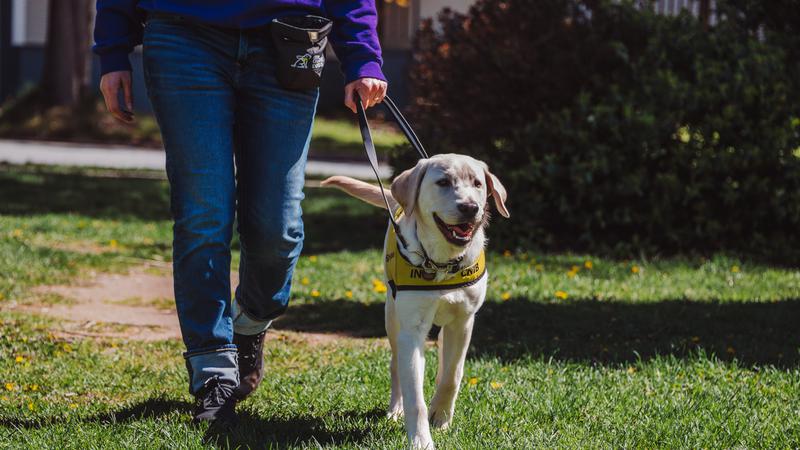
‘We’re not all well until they’re well’: Outreach program brings care to North Battleford’s most vulnerable
“God bless you,” a person told Cymric Leask. “Thank you for caring about us.”
Those words might sound like a simple thank-you — but for her, they capture exactly what the monthly outreach program is about: connection, compassion and showing up for people who need it most.
Leask is the HIV project coordinator at Battle River Treaty 6 Health Centre (BRT6HC) and is involved in the program.
“They often give back tenfold in the words that they give back,” she said.



